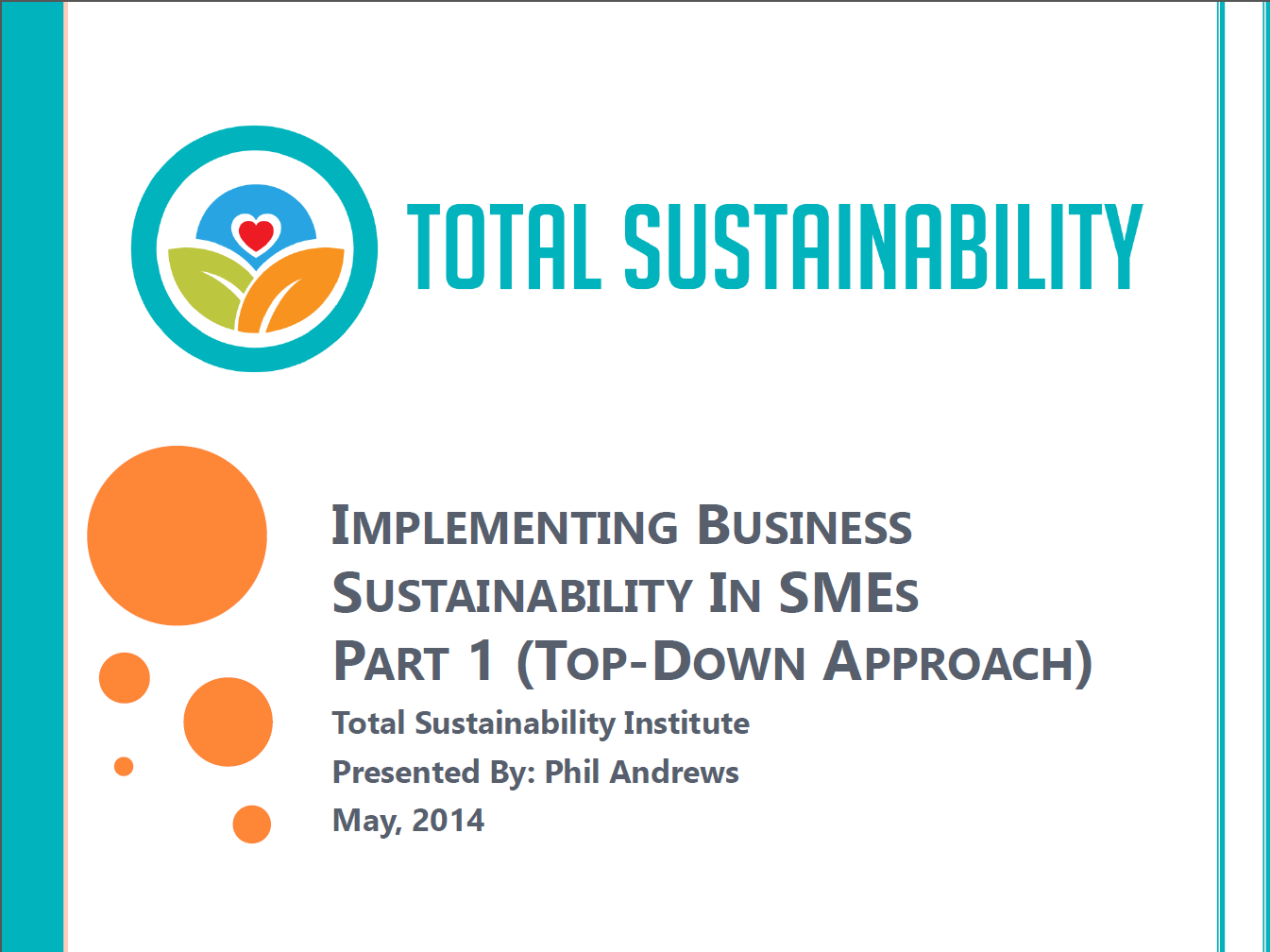Dispute Over US Tariffs: Canada Rebuts Oxford Report Findings

Table of Contents
Key Findings of the Oxford Report and Canada's Counterarguments
The Oxford Economics report concluded that the impact of US tariffs on the Canadian economy was relatively minor and that the benefits to the US outweighed the costs to Canada. However, Canada vehemently disagrees with this assessment, citing several key methodological flaws and factual inaccuracies.
-
Oxford Report's Main Conclusions: The report primarily focused on macroeconomic indicators, overlooking the significant sectoral impacts on specific Canadian industries. It minimized job losses and economic disruption, suggesting that the Canadian economy had successfully adapted.
-
Canada's Critique of Methodology: The Canadian government criticized the report's data selection, arguing that it relied on incomplete and potentially biased datasets. They also pointed to limitations in the econometric model used, suggesting it failed to adequately capture the complex dynamics of the US-Canada trade relationship. The model, they argue, didn't account for the ripple effect of tariff imposition on related industries.
-
Examples of Inaccuracies and Omissions: Canada specifically highlighted the report's underestimation of job losses in the lumber, aluminum, and steel sectors. The report allegedly failed to account for the indirect job losses in supporting industries and the broader economic ripple effects. Further, Canada contends the report ignored the increased costs faced by Canadian businesses due to tariff uncertainty.
-
Canada's Counterarguments: Canada's counterarguments present a starkly different picture. They argue that the tariffs have led to significant job losses, reduced production, and increased trade deficits. They contend that the report’s conclusions don't reflect the reality experienced by Canadian businesses and workers. Their own analysis emphasizes the long-term detrimental effects of these tariffs.
The Impact of US Tariffs on Specific Canadian Industries
The US tariffs have disproportionately impacted specific Canadian industries, leading to substantial economic consequences.
-
Lumber Industry: The lumber industry has been particularly hard hit, with significant job losses and reduced production reported in British Columbia and other lumber-producing provinces. Canadian lumber exports to the US, a crucial market, have drastically declined.
-
Aluminum Industry: Similarly, the aluminum industry has faced challenges, with reduced exports and pressure on prices. This has impacted not only producers but also related industries and the communities that depend on them.
-
Steel Industry: The steel industry also experienced negative consequences, including decreased production and reduced competitiveness in the US market. This sector contributes significantly to Canada's manufacturing base.
-
Economic Consequences and Statistics: The Canadian government has released data showing significant job losses in these sectors, alongside reduced overall GDP growth. These statistics directly contradict the Oxford report's assessment of minimal economic impact. The increased trade deficit further highlights the negative economic consequences for Canada. The Canadian government has actively released this counter-evidence to the public and international trade bodies.
Implications for US-Canada Trade Relations and the USMCA
The dispute over the Oxford report's findings has further strained already tense US-Canada trade relations.
-
Impact on Bilateral Relations: The disagreement underscores the lack of consensus on the economic implications of US trade policies, damaging trust and hindering future collaboration.
-
Ramifications for the USMCA: The ongoing dispute casts a shadow over the USMCA, raising concerns about the agreement's long-term viability and the potential for future disputes. The lack of a unified understanding of tariff impact weakens the foundation of this crucial trade agreement.
-
Future Negotiations and Renegotiations: The differing interpretations of the economic impacts could lead to further negotiations or renegotiations of the USMCA to address the concerns raised by Canada. This could involve seeking clarifications on dispute resolution mechanisms within the USMCA framework.
-
Long-Term Implications: The long-term implications for bilateral trade and economic cooperation remain uncertain. Continued friction could harm investment and economic growth on both sides of the border.
Potential for Further Legal Action or Trade Retaliation
Given the significant disagreement, Canada may consider further action.
-
WTO Dispute: Canada may pursue legal action through the World Trade Organization (WTO) to challenge the legality of the US tariffs under international trade rules.
-
Trade Retaliation: As a countermeasure, Canada could consider implementing its own trade retaliatory measures against the US, potentially targeting specific US industries.
-
Likelihood of Escalation: The potential for further escalation of the trade dispute remains a real possibility, with significant ramifications for the broader North American economy.
Conclusion
This dispute over US tariffs and Canada's comprehensive rebuttal of the Oxford report highlights significant divergences in the assessment of the economic impact of these policies. Canada's detailed counterarguments, backed by substantial evidence, directly challenge the report's findings and emphasize the ongoing tensions in US-Canada trade relations. The possibility of further escalation, including legal challenges and retaliatory measures, remains a serious concern. The implications for the USMCA and the future of the US-Canada trade relationship are substantial and demand close monitoring.
Call to Action: Stay informed on the evolving situation regarding the dispute over US tariffs and Canada's ongoing efforts to protect its economic interests. Follow our updates for the latest developments in this crucial trade relationship and for further analysis of the economic impact of US tariffs on Canada.

Featured Posts
-
 Fonseca To Be Punished By Lyon Following Referee Argument
May 19, 2025
Fonseca To Be Punished By Lyon Following Referee Argument
May 19, 2025 -
 Funding Sustainability Initiatives For Small And Medium Sized Enterprises Smes
May 19, 2025
Funding Sustainability Initiatives For Small And Medium Sized Enterprises Smes
May 19, 2025 -
 Maastricht Airport Significante Daling Passagiersaantallen Begin 2025
May 19, 2025
Maastricht Airport Significante Daling Passagiersaantallen Begin 2025
May 19, 2025 -
 Melodifestivalen 2025 Final Artister Startordning Och Datum
May 19, 2025
Melodifestivalen 2025 Final Artister Startordning Och Datum
May 19, 2025 -
 Renowned Crooners Retirement Tour Culminates In New Jersey Show
May 19, 2025
Renowned Crooners Retirement Tour Culminates In New Jersey Show
May 19, 2025
Latest Posts
-
 March 13 Nyt Mini Crossword Answers Hints And Expert Help
May 20, 2025
March 13 Nyt Mini Crossword Answers Hints And Expert Help
May 20, 2025 -
 Nyt Mini Crossword Solutions March 13 Get The Answers Here
May 20, 2025
Nyt Mini Crossword Solutions March 13 Get The Answers Here
May 20, 2025 -
 Solve The Nyt Mini Crossword March 13 Answers Hints And Strategies
May 20, 2025
Solve The Nyt Mini Crossword March 13 Answers Hints And Strategies
May 20, 2025 -
 Nyt Mini Crossword Answers March 13 Daily Solutions And Solving Tips
May 20, 2025
Nyt Mini Crossword Answers March 13 Daily Solutions And Solving Tips
May 20, 2025 -
 Mia Gynaika Ena Tampoy Enas Gamos I Istoria Tis Marthas
May 20, 2025
Mia Gynaika Ena Tampoy Enas Gamos I Istoria Tis Marthas
May 20, 2025
